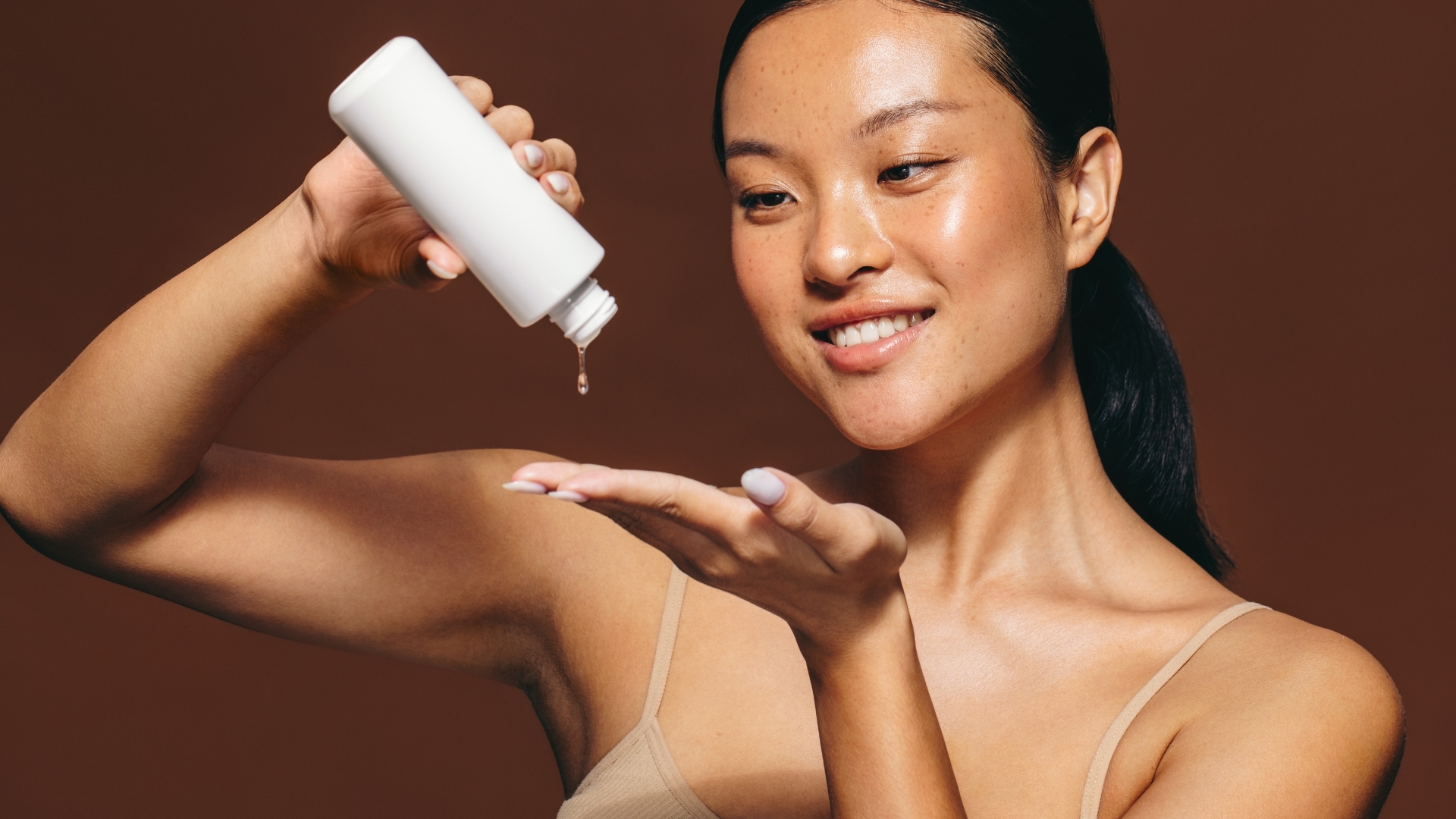Skincare is a booming industry, filled with products, advice, and trends that promise glowing, youthful skin. However, alongside the helpful tips and effective treatments, there are countless myths and misconceptions. These myths can lead to ineffective practices, wasted money, and sometimes even harm to your skin. Let's dive into some of the most common skincare myths and uncover the truth behind them.
Myth 1: Expensive products are always better
One of the most pervasive myths in skincare is that higher-priced products are inherently more effective than their cheaper counterparts. The truth is, the effectiveness of a skincare product depends on its ingredients and how well they suit your skin type, not the price tag. Many affordable brands use high-quality ingredients that can be just as effective as luxury products. Always check the ingredient list and research products based on your skin's needs rather than the cost.
Myth 2: Oily skin doesn’t need moisturiser
People with oily skin often skip moisturising, believing that it will make their skin even oilier. In reality, not moisturising can lead to an overproduction of oil as the skin tries to compensate for the lack of hydration. Using a lightweight, non-comedogenic moisturiser can help balance the skin's oil production and keep it healthy.
Myth 3: Natural ingredients are always safe and better
The term "natural" can be misleading. While many natural ingredients are beneficial, not all are safe or suitable for every skin type. For example, lemon juice can cause irritation and increase sensitivity to the sun, leading to hyperpigmentation. It's important to research and patch-test natural ingredients before incorporating them into your routine. Remember, synthetic ingredients are not inherently bad; many are designed to be stable and effective.
Myth 4: You only need sunscreen on sunny days
Sunscreen is a crucial part of any skincare routine, regardless of the weather or season. Harmful UV rays can penetrate through clouds and even windows, causing skin damage, premature ageing, and increasing the risk of skin cancer. Make it a habit to wear sunscreen every day, rain or shine, and reapply every two hours if you're outdoors. For further information regarding skin concerns or moles, book a dermatologist consultation where our specialist can give you the information you’re looking for.
Myth 5: Tanning is safe with sunscreen
While sunscreen can protect your skin from UVB rays, which cause sunburn, it doesn’t provide complete protection against UVA rays, which penetrate deeper into the skin and contribute to ageing and skin cancer. No tan is a safe tan. Using self-tanners or bronzers is a safer alternative if you desire a sun-kissed look.
Myth 6: Drinking water hydrates your skin
Hydration is vital for overall health, and drinking water is essential, but it doesn't directly hydrate your skin. Your skin's moisture levels are more influenced by external factors such as the climate, skincare products, and your skin's natural barrier. To keep your skin hydrated, use hydrating products like hyaluronic acid and moisturisers designed for your skin type. For professional advice, enquire about a dermatologist consultation. At a private dermatology consultation, you can discuss any worrying symptoms you’re experiencing. Our consultant dermatologists are knowledgeable in treating conditions that affect your skin, hair and nails.
Myth 7: Anti-aging products are only for mature skin
Prevention is key when it comes to anti-aging. Starting an anti-aging skincare routine in your 20s or early 30s can help maintain your skin's health and appearance. Incorporate products with ingredients like retinoids, antioxidants, and peptides to address early signs of ageing and protect your skin from environmental damage.
Myth 8: Exfoliate daily for best results
Exfoliation is important for removing dead skin cells and promoting cell turnover, but over-exfoliating can damage your skin barrier, leading to irritation, dryness, and sensitivity. Most skin types benefit from exfoliating 2-3 times a week with gentle exfoliants. Listen to your skin and adjust the frequency as needed.
Navigating the world of skincare can be overwhelming, but understanding the facts behind common myths can help you make informed decisions for your skin's health. Focus on understanding your skin type, researching products and ingredients, and maintaining a consistent skincare routine.
Remember, skincare is personal, and what works for one person may not work for another. Prioritise your skin's unique needs and consult with a dermatologist for personalised advice, with our 10% off special offer for dermatologist consultation book your appointment to discuss any questions you have!
If you would like to book a consultation with us at Pall Mall, fill out the enquiry form below and members of our professional medical team will be in touch to discuss any concerns.









